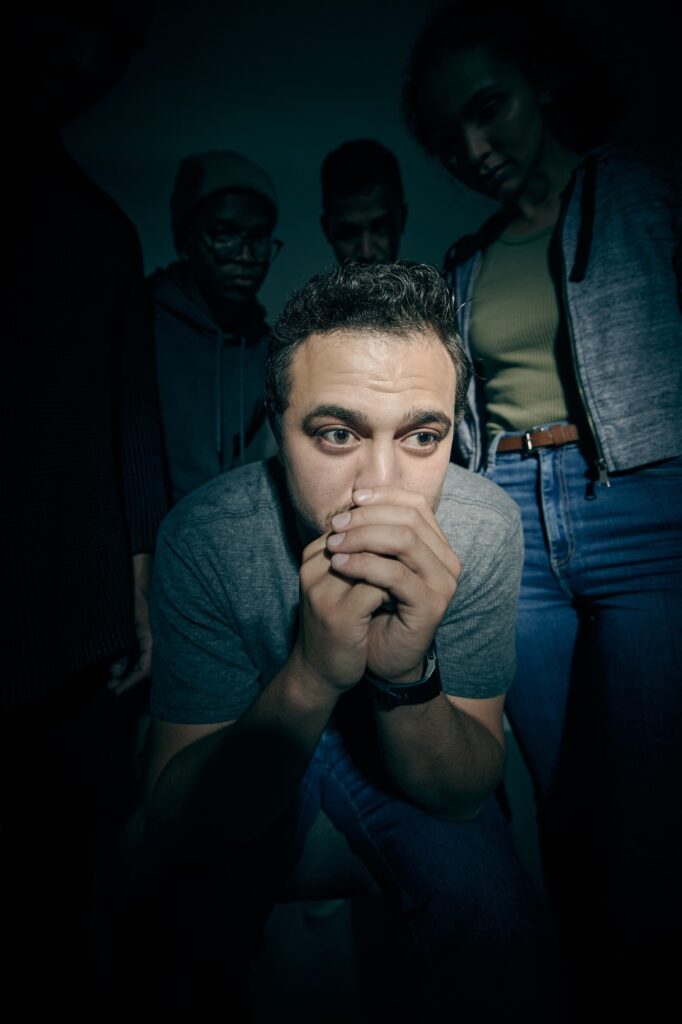Introduction: When border gates slam shut and visas become a golden ticket, we once again witness politics rewriting human destinies. Latvia hasn’t just closed the door; it has bolted it tight, extending entry visa restrictions for Russian and Belarusian citizens until the very end of 2026. Now, mark my words, this isn’t merely bureaucratic red tape—it’s a decision that directly affects the fate and choices of thousands who hoped for the right to free movement and a chance to choose the place they call home.
Key Takeaways:
- Latvia extends visa entry restrictions for Russian and Belarusian citizens until December 31, 2026.
- Restrictions originally implemented following Russia’s invasion of Ukraine in February 2022.
- Decision driven primarily by national security concerns.
- Exceptions include humanitarian cases, residence permit holders, family reunification.
- The decision has a significant human impact, separating families and disrupting plans of relocation and education.
Reasons Behind The Extension: From the Latvian government’s perspective, this move is framed within the narrative of national security. Since the outbreak of war in Ukraine in February 2022, Latvia, together with fellow Baltic states, adopted rigorous measures limiting Russian and Belarusian citizens’ entry to their territories, viewing this as necessary to safeguard national security and public safety. But as any avid reader of Mark Twain knows, behind such official declarations often lie profound personal dramas, diverse as humanity itself.
The Human Impact: To me, immigration isn’t just stamps in passports—it’s about real human stories and choices. When Latvia chose to extend these measures, thousands of dreams were effectively dashed or indefinitely delayed. Regular people, families, students, professionals—all faced with profound disruption. Families remain separated, students see their educational plans crumble, and individuals dreaming of a peaceful life in a democratic European society abruptly find themselves standing behind an impenetrable bureaucratic wall.
Exceptions and Limitations: Yes, admittedly, Latvia has provided certain exceptions to these stringent restrictions. Humanitarian visas, residence permit holders, and those with close family ties residing in Latvia are exempted. But let’s face reality: such exceptions are limited and often complicated to qualify for. In my view, they resemble narrow loopholes rather than an actual solution to the massive humanitarian challenge created by strict border controls.
The Bigger Picture: As someone who deeply values human rights and the freedom to choose where to live, I can’t help but articulate how troubling such political decisions can be. Protecting national security is undoubtedly important, yet we must remember the moral obligation to minimize suffering among innocent people affected by international conflicts. Latvia, like any sovereign nation, has legitimate security concerns. However, it’s essential to balance these fears against humanitarian responsibilities.
A Call To Reflection: This particular case highlights a greater global dilemma: the collision between security policies and human rights. It’s a reminder to policymakers everywhere that behind every restriction, behind every visa denial, stand real human beings with aspirations, feelings, and fundamental rights.
Conclusion: I believe in the right of each individual to choose their place of residence freely, to seek better opportunities, safety, and a dignified life. Restrictions like those Latvia has extended until late 2026 may serve political and security interests, but should always be weighed carefully against the genuine human cost they inflict. After all, borders and passports might define citizenship, but they should never define human empathy and compassion.
#Latvia
Source – schengen.news










